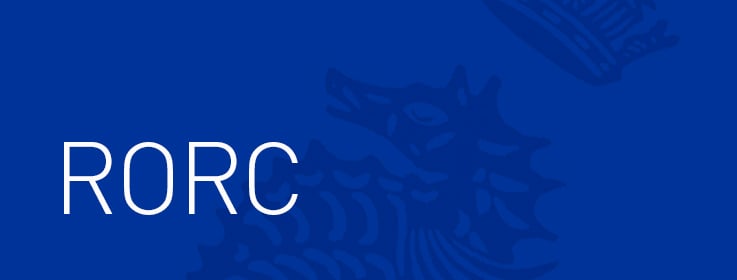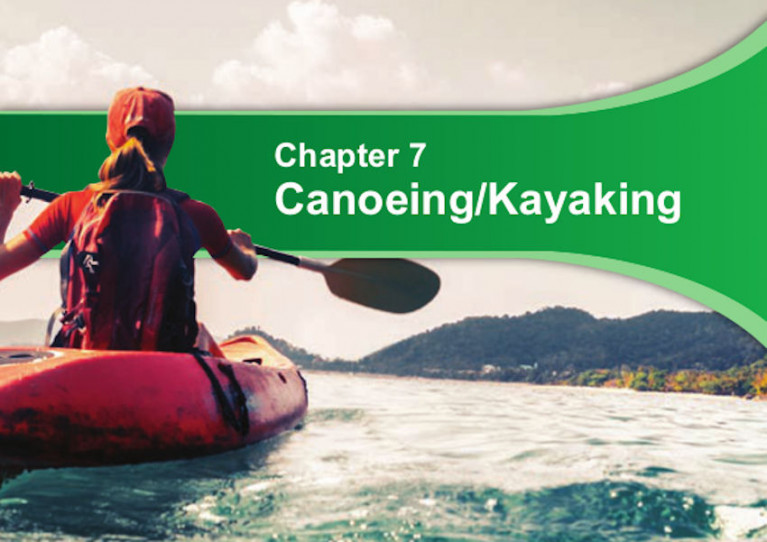Displaying items by tag: Lough Gill
Canoeists & Kayakers Encouraged To Review Code Of Practice
Canoeists, kayakers and relevant organisations are encouraged to review the Code of Practice for the Safe Operation of Recreational Craft, following a recent report into the death of a kayaker on Lough Gill.
As previously reported on Afloat.ie, the lone kayaker was believed to have become separated from his Canadian canoe in bad weather on the Co Sligo lough in late January 2019.
The vessel had not grablines to aid recovery after the casualty had entered the water, the MCIB report said, adding that he may have been weighed down by his Wellington boots, and had only a mobile phone and no other means of signalling for help.
The report recommended a Marine Notice highlighting the requirements for kayaks and canoes as set out in Chapter 7 of the Code, and in particular the following:
- Chapter 7, Section 7.1 (Training), page 84 of the Code: Undertake a recognised training course in the correct use of the specific type of canoe you wish to use.
- Chapter 7, Section 7.2 (Prior to entering the water), pages 84 and 85 of the Code: Ensure that you carry a mobile phone or Marine VHF radio in a suitable watertight cover for use to summon assistance in emergency situations.
- Check the hull is fitted with grab loops/towing lines.
- Ensure that you are a competent swimmer and capable of surviving in the areas you operate.
The MCIB also recommends that canoeists and kayakers should ensure that they wear clothing and footwear that will not affect their chance of survival in the water.
In addition, Chapter 7 of the Code of Practice contains general information on personal safety equipment, sea kayaking, river kayaking and canoeing.
Part A of the Code outlines the legislative requirements that apply to all recreational craft or specific types or size of craft, and Part B contains recommended guidelines and best practice for the safe operation of a range of recreational craft including canoes and kayaks.
The Code of Practice is a free document and hard copies can be obtained on request, in both English and Irish, from the Maritime Safety Policy Division at
[email protected]
The Code and individual chapters of the Code are available to view or download from dttas.gov.ie and a list of updates to the 2017 edition of the Code is also available.
Marine Notice No 30 of 2020 is available to download below, as is Chapter 7 of the Code of Practice.






























































